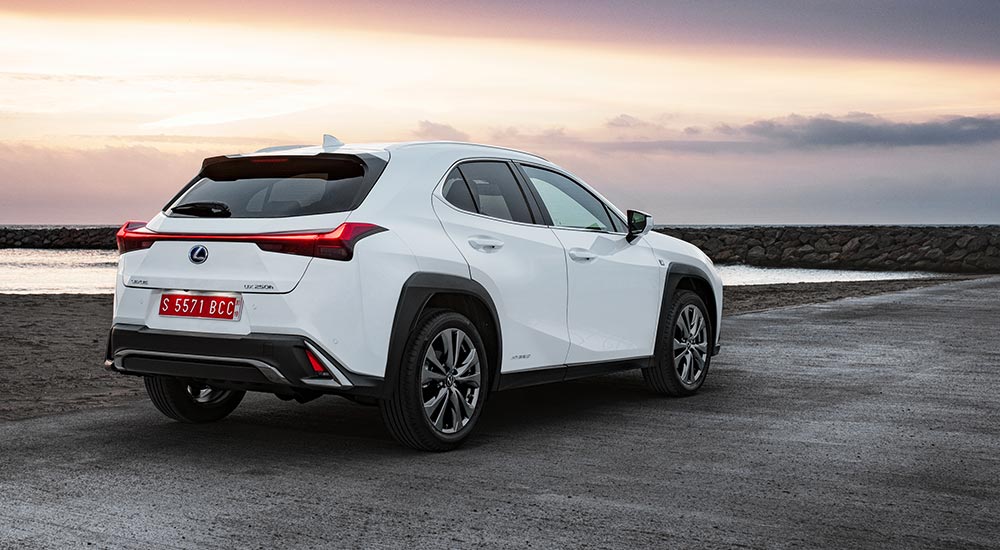Lexus is working on its first full-electric vehicle, according to an Automotive News interview with Lexus International President Yoshihiro Sawa:
“Definitely here we need an EV in the future,” Sawa said last week in an interview at the Shanghai auto show, where Lexus debuted its LM luxury van. “But I cannot say when or how.”
Lexus is working on plug-in hybrids and fuel cell vehicles in addition to EVs, Sawa noted. But plug-ins do not fulfill some regulatory requirements.
“It’s a transition era,” Sawa said. “We are studying several possibilities.”
Toyota introduced an all-electric version of the C-HR subcompact crossover at the same Shanghai Auto Show last week, with plans to start selling the model in China next year.
This move adds credence to last year’s rumor that the Lexus UX crossover, which shares a platform with the Toyota C-HR, will be the luxury brand’s first EV model. The only question is timing, which Sawa also addressed:
China’s strict emissions controls and mandates for electric vehicle credits are driving automakers into EVs. And Lexus will also need them in Europe, where certain cities have strict EV requirements, Sawa said. Launch timing will hinge on the course of regulation, he added.


Comments